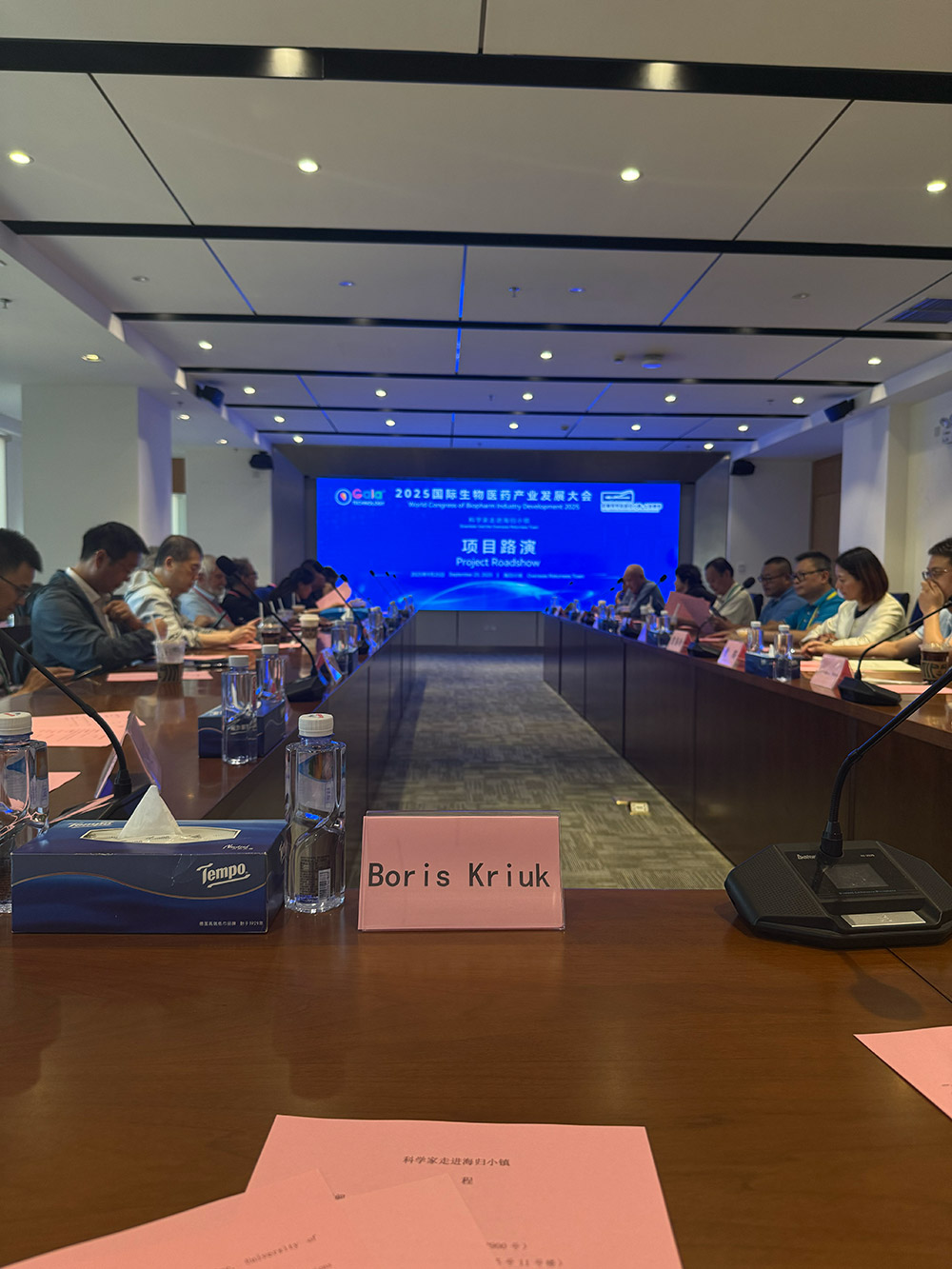A breakthrough from Hong Kong promises to slash AI communication costs by two-thirds, with an opensource release planned within months.
The technology compresses data transfers between AI agents by nearly three times while maintaining quality, saving organizations thousands of dollars annually and making AI systems more responsive.
“This framework will change agentic communication forever,” said Boris Kriuk, who leads the research effort alongside major collaborator Logic Ng. “The opensource version will be in 2-3 months.”
The announcement comes as businesses increasingly deploy multiple AI agents that need to work together, creating a growing bottleneck. Current systems require agents to exchange hundreds of megabytes of data for each interaction, slowing response times and driving up costs.
Testing across 60 conversations showed the framework reduced data transfers to just over a third of their original size, cutting average response times to 11.4 seconds. The team projects organizations running 10,000 AI agent conversations could save more than $10,000 annually.
Unlike proprietary solutions, the framework works with any major AI model including Llama, GPT, Qwen, Claude, and Mistral, and requires no retraining or complex integration.
“Hong Kong continues to demonstrate that we can deliver innovation that is both clear in value and useful in practice,” Kriuk said. “This isn’t theoretical research – it’s a production-ready solution.”
The team conducted benchmarking using standard datasets including SQuAD, HotpotQA, and NarrativeQA, showing consistent compression ratios with 89% response quality maintained.
The opensource release will include documentation and integration support for early adopters. Organizations interested in collaboration can contact the research team directly.
The project adds to Hong Kong’s growing profile in practical AI innovation, focusing on real-world applications rather than purely academic work.






